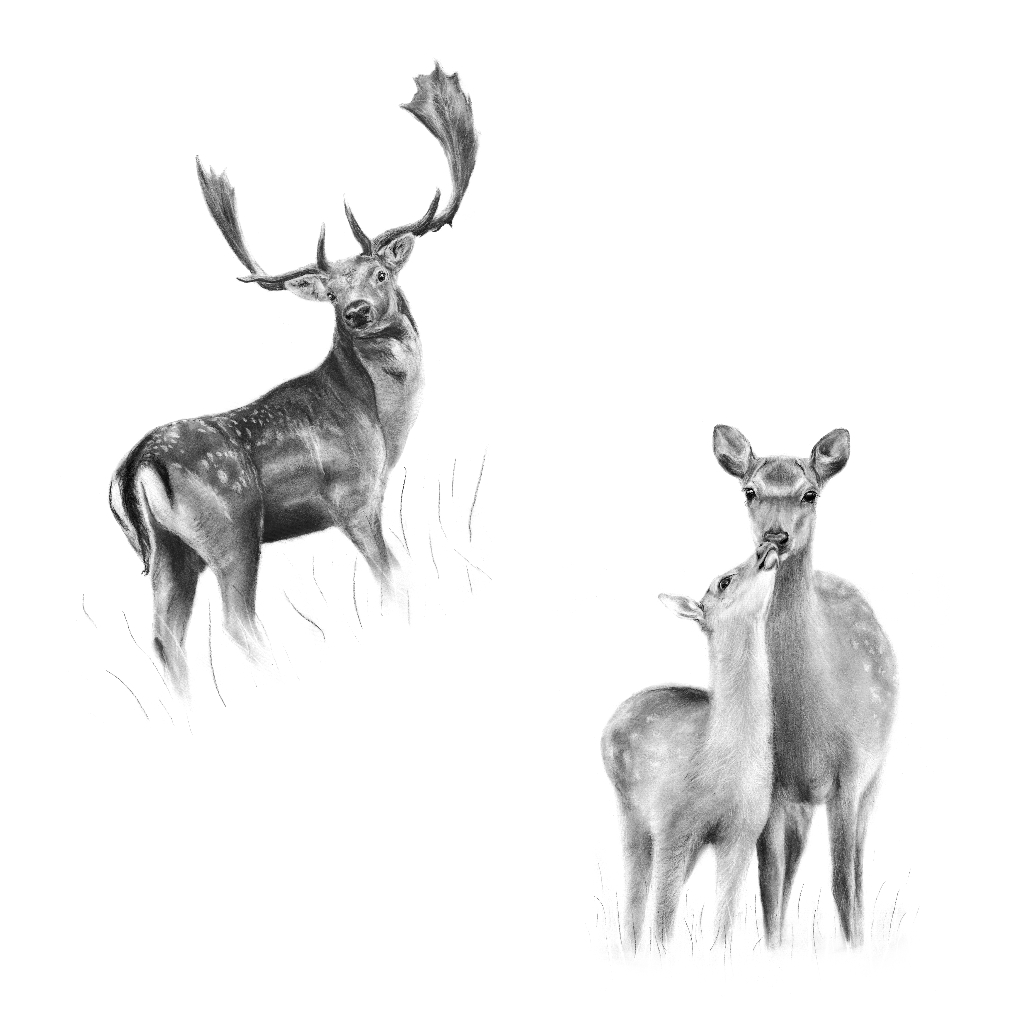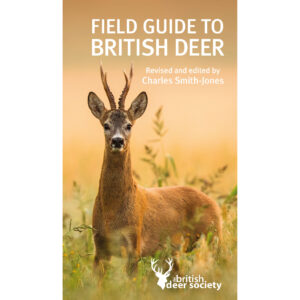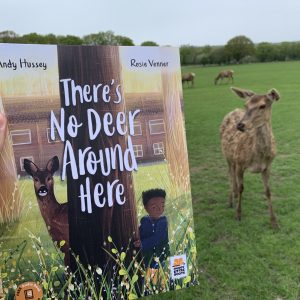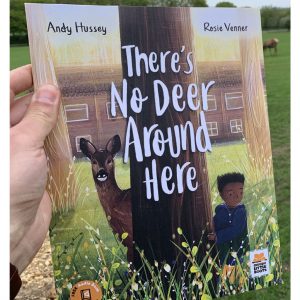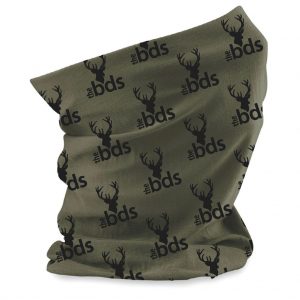ABOUT ABANDONED YOUNG
Every spring people come across new born or baby deer alone in the undergrowth and some worry that these young animals have been abandoned by their mothers.
This is not the case; the young deer has been carefully hidden while the mother is feeding close by.
Even if the mother does not appear to be in sight this does not mean that she has abandoned her offspring. Deer are naturally cautious of humans and the only thing stopping her returning to her young is the presence of people.
Most species of deer give birth between May and July, although muntjac can breed all year round. This is why it is more common to find hidden young deer in the Spring.
WHAT to do if you find a young deer
FOLLOW THE BDS BABY DEER CODE
It is normal for a mother to leave a young deer hidden because it cannot keep up with her when she is feeding. As a baby deer has little or no scent it is well-protected from predators if it lies still and the mother will return every two to three hours to feed it both day and night.
If you find a fawn, kid or calf please follow our Baby Deer Code:
- Move away immediately
- Do not be tempted to touch the deer or pick it up – your scent may stop the mother returning to feed her baby
- If you have a dog, please keep it away from the deer and on a lead under full control
Hand-rearing young deer is not usually successful. Those that have been successfully hand-reared often do not thrive after being released into the wild.
Add your support to keep baby deer safe. You can:
- Sharing this page
- Share the code on social media
- Download and display our abandoned young poster
- Gift a donation to help us raise more awareness
Help us continue to raise awareness and protect young deer with a donation.
UK Deer Birth Dates Survey
Are you aware that climate change and other factors may be influencing deer birthing seasons? The British Deer Society (BDS) conducts the Deer Birth Dates Survey each year to help establish if deer birth dates are changing.
Learn more: BDS UK Deer Birth Dates Survey
If you’ve spotted any new-born (less than a week old) kids/calves/fawns between late March and October, then please do report your sighting in our survey.
The survey contains 8 questions and only takes around 3 minutes to complete.
Your contribution can help us understand our deer better and ensure their welfare continues to be protected.





